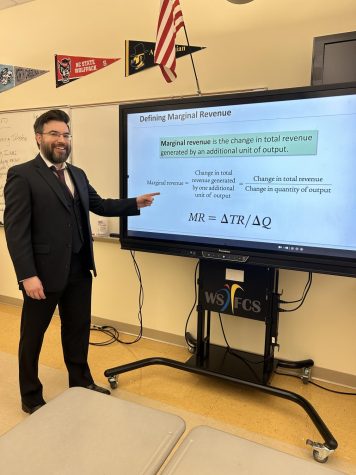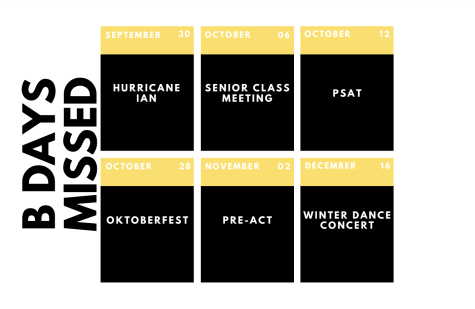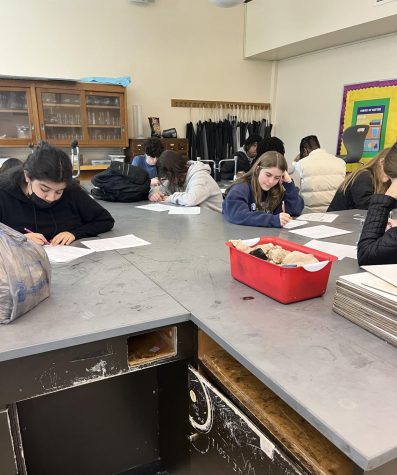Teacher Protests ‘Strike’ the US
Photo Provided by: Wikimedia Commons Teachers in West Virginia protesting low salary for education officials. The West Virginia teacher strikes began out of response to legislature raising the salary of education officials and police by 2%.
April 25, 2018
First, educators in West Virginia created a massive effort within their own state government to change the status quo of budget reductions to education and low teacher pay. Afterwards, it was Oklahoma, and now Colorado and Arizona.
West Virginia educators began to protest in March for nine days as a response to legislature Governor Jim Justice issued authorizing a 2% pay raise for school personnel and police, as West Virginia sits in the top five worst U.S. states for teacher pay.
In Oklahoma, educators protested in response to a series of budget cuts to their education budget resulting in the shortening of the school week to 4 days, instead of 5. Their demands were specific: an allocation of $3.3 billion to the state’s education budget. Oklahoma governor Mary Fallin further agitated this conflict by comparing the protesting teachers to, “a teenager wanting a better car.”
“It’s their right to do [that] because they don’t feel like they’re being treated fairly… they should do everything to ensure that they feel comfortable and they feel like they are being treated right for what they are doing,” senior Kyhem Ruffin said.
Spanish teacher Avis-Williams Smith shares similar sentiments to Ruffin regarding the strikes.
“It was passed due. Teachers in this country in general are not respected.”
Smith expands upon her claim by delving into how teachers in the U.S. are an integral part of the society to educate their students to eventually develop into functioning professionals. In juxtaposition to this, she explains that teachers, who receive the lowest of salaries, at times have to work multiple jobs in order to maintain an income substantial enough to live on.
“[There are] all of these great professionals coming that are coming to schools to share their knowledge with their students, and in addition to that they spend time at school doing other things in order to help their students…There is so much that goes into being a teacher that the least our government should do for us is compensate us.”













